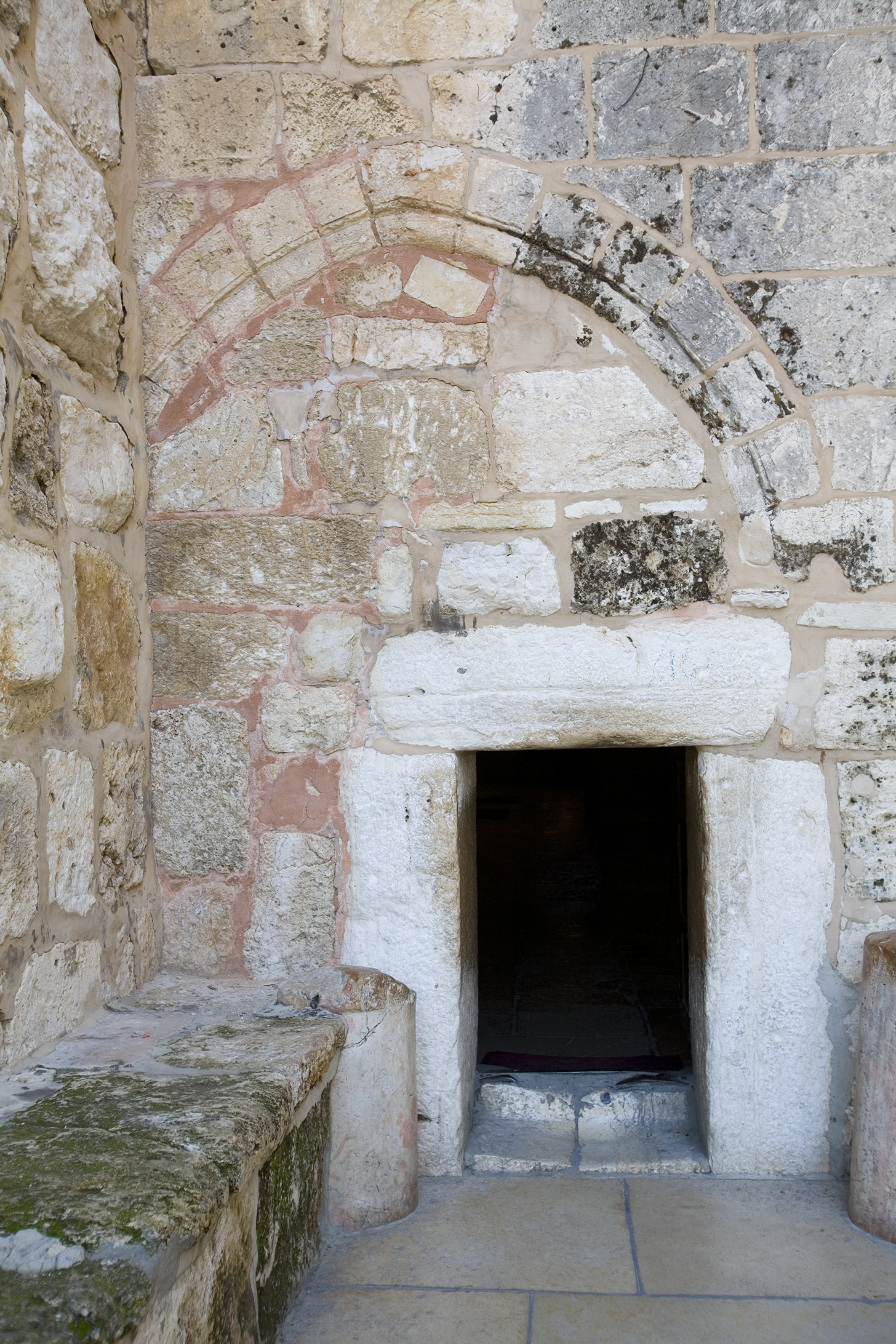Fr Paolo Consonni, MCCJ
“Lord, will only a few be saved?” (Lk 13:23)
Jesus’ answer to the question posed at the beginning of this Sunday’s Gospel (Lk 13:22-30) is multi-layered and more complex than we think. In fact, “exclusivity” and “inclusivity” are both part of the narrative of Jesus’ reply to this fundamental inquiry.
First of all, Jesus urges us to enter the “narrow gate” because “many will try to enter and will not be able” (v. 24). These words seem to imply that only a few will be saved. But, at the end of the passage, Jesus also exclaims that “people will come from east and west, from north and south, and will eat in the kingdom of God” (v. 29). In the first reading, we also read that God is coming to gather all nations, and they shall come and see His glory (Is 66:18). Even though the gate is narrow, it is not at all inaccessible.
The “narrow gate” is not an obstacle set by God to hinder the entrance to a Kingdom which has very few available places such as an entrance exam to a prestigious university, reserved only for the most prepared and privileged students. St. Paul affirmed that “God our Savior desires everyone to be saved and to come to the knowledge of the truth” (1 Tim 2:4). Also, Jesus assures us that “in my Father’s house there are many dwelling places” (Jn 14:2). Most of Jesus’ ministry could be summarized by His trying to open the doors of God’s Kingdom to sinners, the impure and many of those who were excluded by the rules and laws of the Temple’s religious system. Even on the Cross, he welcomed the “good thief” to enter the Kingdom with Him. At the core of the Gospel, there is the powerful message that we are saved by God’s mercy, a God who offered His life for us, not because of our own righteousness. This makes Christianity unique among other religions, which also all have their own path (laws, rituals, ascetic practices) to salvation.
“Strive to enter through the narrow door; for many, I tell you, will try to enter and will not be able” (Lk 13:24). “To strive” is a verb which is very dear to St. Paul, a person who often used sport metaphors in his preaching: “Fight the good fight of the faith” (1 Tim 6:12); “I have fought the good fight, I have finished the race, I have kept the faith” (2 Tim 4:7), among others. To strive for something means to desire something, to put our heart into what we are doing. I remember my father’s passion for mountain climbing, a sport which needs discipline and perseverance. The beautiful panorama has always been there for everyone to see, yet only those who, like my father, were willing to climb step by step up to the mountain top could fully enjoy it.
Similarly, salvation is a process which is never automatic, because it demands our active participation. It is a gift which needs the proper disposition of heart in order to receive it, which means the ability and desire to conform our lives to what we have received.
Those who have gone on a pilgrimage to Bethlehem are surely familiar with the “Door of Humility” at the entrance of the Church of the Nativity. Originally, the entrance was quite large, befitting the importance of the basilica built on the place of Christ’s birth. However, in order to prevent people from entering the church on horseback, or carrying weapons, or even leading cattle as it often happened during those days, the main entrance was made smaller and smaller, until it reached its present size, so low and narrow that one can only enter by bending low and not carrying anything bulky. The practical reason for preventing unwanted visitors from entering the church assumed a spiritual meaning: we cannot enter the Kingdom with an “inflated ego” or with our hearts set on material possessions. Only those who have the same mind as Christ, who “did not regard equality with God as something to be exploited, but emptied himself …being born in human likeness” (Phil 2:7) can join the banquet of God’s Kingdom. The “narrow door” mentioned by Jesus has surely to do with the humility of recognizing that we need mercy as everybody else. For those of us who have a compulsive need to prove ourselves to be better or more righteous than others, this is liberating good news!
The Gospel ends with a sentence which at first looks like a warning, but it is actually an encouragement: “Indeed, some are last who will be first, and some are first who will be last” (Lk 13:30). Yes, prostitutes, public sinners and those with a humble heart will enter first into God’s Kingdom (cf. Mt 21:31). But we can still hope that, even though last, the Lord will mercifully give us the chance to enter His banquet through the “Door of Humility” and finally join our table companions: all of us forgiven, redeemed, healed and reconciled sinners. The door might be narrow, but the joy of the banquet is surely worth the effort of deflating our proud ego.
(Caption: The Door of Humility, the entrance to the Church of Nativity in Bethlehem, Israel. Image: ghardman@freeimages.com)


 Follow
Follow


